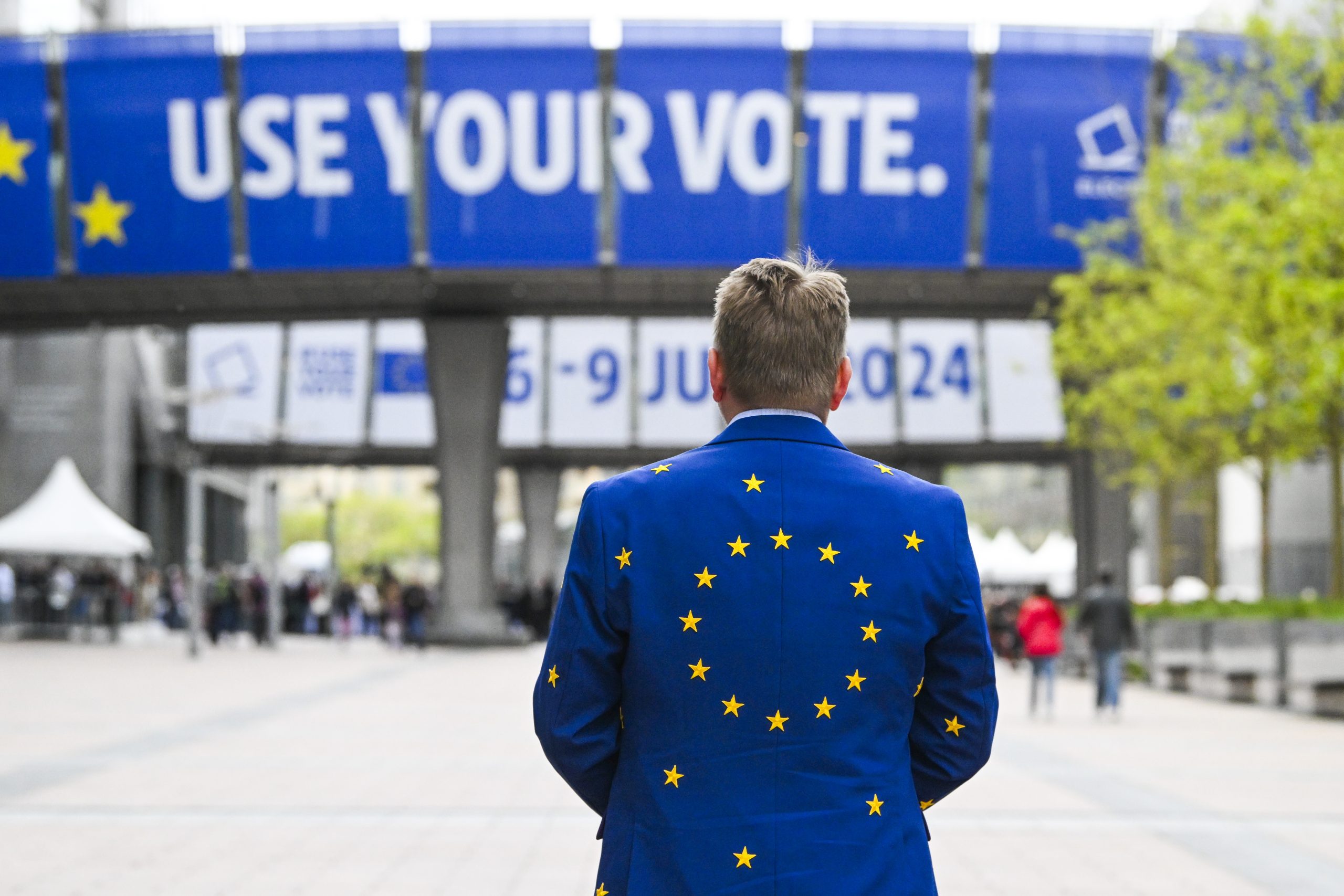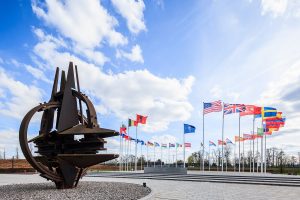The prevailing mood in Europe is troubled. Europe and the European Union are no strangers to crises, yet currently, the challenges are mounting both within the bloc and beyond its borders. When Europeans last elected members of the European Parliament in 2019, climate change dominated the debates. Additionally, the impact of Donald Trump’s presidency and the resurgence of nationalism and xenophobia were significant topics.
Today, two wars are raging on Europe’s borders. In Eastern Europe, fears of an expanding conflict over Ukraine loom large. Governments are increasingly calling for more funding for weapons and armaments, a shift towards militarization that many Europeans have yet to accept.
The proliferation of crises has unsettled the populace, eroding confidence in the ability of current leaders to provide solutions. This loss of confidence bolsters the power of populists, who claim to address complex challenges with simple solutions. The Trump model has taken root in Europe, and right-wing populists will likely be among the victors this Sunday evening.
Public opinion polls shed light on this rise. A survey by Greek Kappa Research across ten EU countries reveals that economic future tops the list of concerns, especially in France and Greece, where economic uncertainty is intertwined with social injustice and high prices. Migration and the war in Ukraine also cause significant anxiety, with Russia’s war dominating discussions in Eastern and Northern Europe, while migration concerns are paramount in places like Germany, where debates about border control are highly emotive, touching on national and cultural identity issues.
We often overlook that, due to demographic shrinkage in nearly all EU member states, maintaining economic prosperity will depend on welcoming people from other parts of the world. The new EU leadership will face the challenge of managing this process and ensuring a balanced distribution of newcomers.
While many warn of the rise of the right, they overlook the fact that Europe’s right-wing forces are divided on key issues, including the war in Ukraine. Thus, the expected rise of the right may not immediately impact political developments post-elections. The unofficial alliance of conservatives, socialists, and liberals will likely continue to hold key positions, with the re-election of Commission President Ursula von der Leyen being one of the few possible scenarios.
A notable shift in 2024 is the waning dominance of France and Germany. France’s president is politically weakened, emerging as a likely loser in the elections, while Germany’s Olaf Scholz, with his SPD projected to secure only 15% of the vote, has seen his influence in Brussels diminish due to constant coalition disputes in Berlin.
Observers see Italian Prime Minister Giorgia Meloni playing a crucial role in future EU dynamics. Despite her far-right affiliation, she is considered a potential ally by prominent conservatives. Greek Prime Minister Kyriakos Mitsotakis is recognized as a bridge-builder to the Italian right, enhancing the center-right group’s ties to the far right. The Greek leader’s popularity within the European People’s Party (and among the German Christian Democrats) fuels speculation about his future on the European stage.
But this is the future: For now, Mitsotakis should focus on improving the EU’s image in Greece, where a Pew Research Center survey indicates that 53% of the population holds a negative view of the Union. In all other member states the EU gains positive ratings, in many cases, approval is over sixty percent.
Overall, the big picture remains positive. Despite criticisms, the European Union’s reputation is better than often portrayed. The European Parliament elections represent a festival of democracy, a unique democratic exercise providing legitimacy and new impetus to the European project. Even in the UK, which left the Union in 2020, a majority now holds a positive opinion of the EU, suggesting that EU citizens fare better than those outside this exclusive community of states.
Dr Ronald Meinardus is a Senior Research Fellow at the Hellenic Foundation for European and Foreign Policy (ELIAMEP) in Athens.



